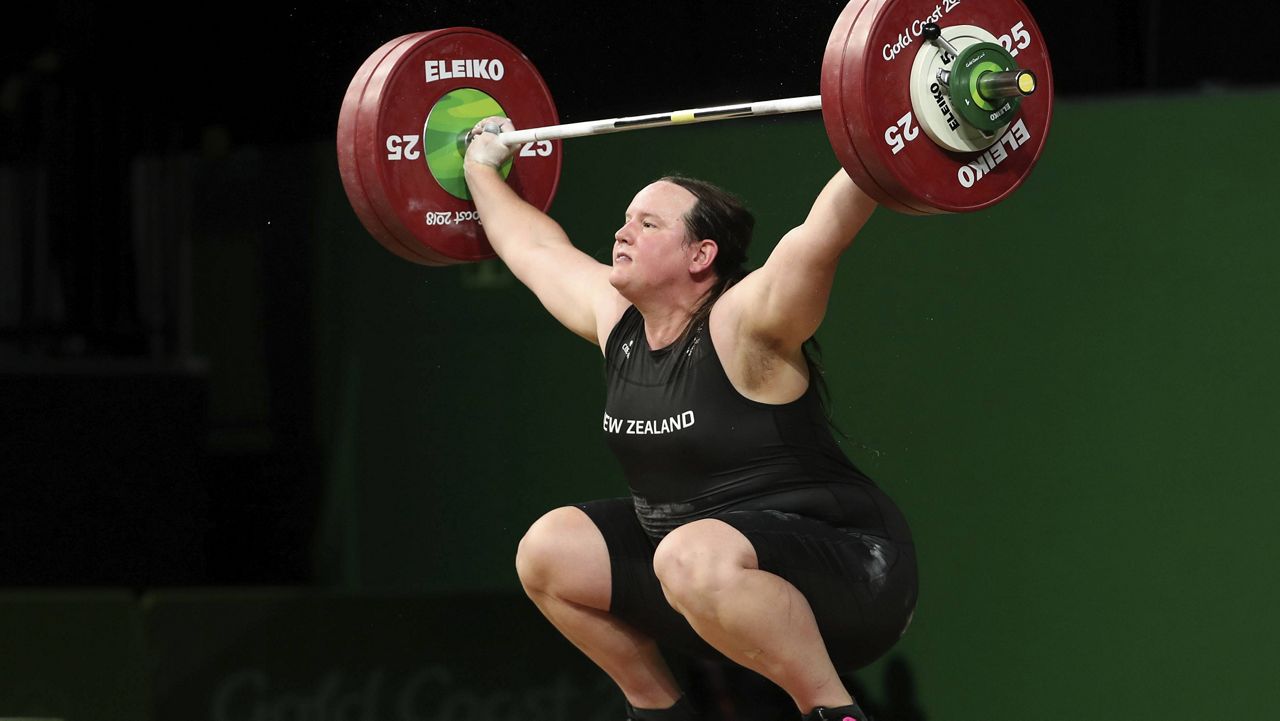A weightlifter from New Zealand is set to become the first transgender athlete to compete in the Olympics.
What You Need To Know
- Laurel Hubbard, a weightlifter from New Zealand, is set to become the first transgender athlete to compete in the Olympics
- The New Zealand Olympic Committee announced Monday that Hubbard has been named to the country’s weightlifting team for the Tokyo Games
- While Hubbard’s entry into the Olympics will make history, it’s also likely to amplify the debate over transgender athletes
- Another trangender athlete, Chelsea Wolfe, qualified last week to be an alternate on the American BMX racing team in Tokyo
The New Zealand Olympic Committee announced Monday that Laurel Hubbard has been named to the country’s weightlifting team for the Tokyo Games. She will compete in the women's 87-kilogram (192-pound) category.
Hubbard, 43, won a silver medal at the 2017 world championships and competed in the 2018 Commonwealth Games before suffering a serious elbow injury that nearly ended her career. She competed as a man before transitioning in 2013, but not on the international level.
While Hubbard’s entry into the Olympics will make history, it’s also likely to amplify the debate over transgender athletes.
Critics argue that athletes who were biologically men at birth have an unfair advantage competing against athletes who were born female. A handful of U.S. states have passed laws requiring athletes to compete in school sports according to their sex at birth, while dozens of other states are considering similar legislation.
In 2015, the International Olympic Committee changed its guidelines to allow transgender women to compete if their testorone level remains under 10 nanomoles per liter for at least a year, a standard adopted by the International Weightlifting Federation. A recent study published in the British Journal of Medicine, however, found that trans women maintain a competitive advantage even after a year on hormone therapy.
Hubbard said in a statement Monday that she is “grateful and humbled by the kindness and support that has been given to me by so many New Zealanders.”
Kereyn Smith, CEO of the New Zealand Olympic Committee, acknowledged that gender identity in sports is a “highly sensitive and complex issue requiring a balance between human rights and fairness on the field of play” but added that Hubbard has met the eligibility requirements.
“As the New Zealand Team, we have a strong culture of manaaki (hospitality) and inclusion and respect for all,” Smith said. “We are committed to supporting all eligible New Zealand athletes and ensuring their mental and physical wellbeing, along with their high-performance needs, while preparing for and competing at the Olympic Games are met.”
Hubbard won’t be the only transgender athlete in Tokyo next month. Chelsea Wolfe qualified last week to be an alternate on the American BMX racing team. She will only compete if the two qualifying U.S. riders, Hannah Roberts or Perris Benegas, withdraw.
The opening ceremonies for the Olympics are July 23.



